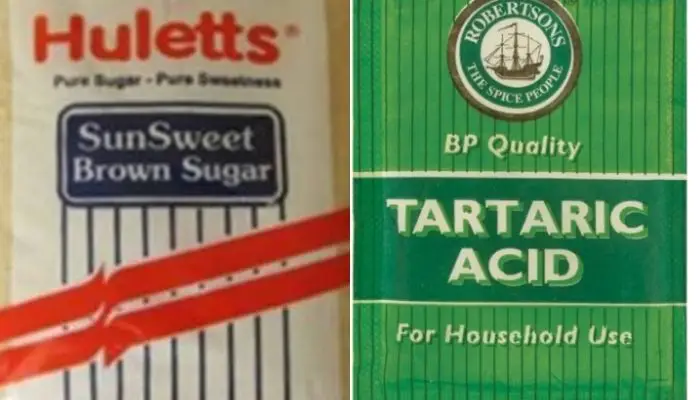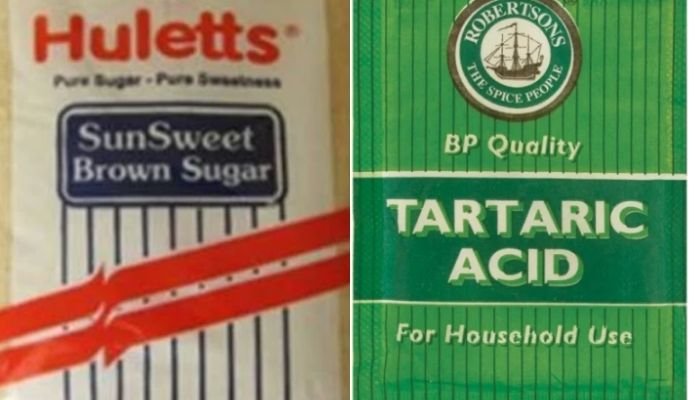Learn about the top 10 cancer-causing foods to avoid in your diet. Find out how processed meats, sugary drinks, fried foods, refined grains, artificial sweeteners, alcohol, canned foods, charred meats, high-processed snacks, and non-organic produce can increase your risk of cancer.

Discover healthier alternatives and make informed food choices to reduce cancer risk and improve long-term health.
Introduction
When it comes to our health, we all want to make the best choices possible. However, sometimes we unknowingly consume foods that can have harmful effects on our bodies.
In this article, we will explore the top 10 cancer-causing foods that you should be aware of and consider reducing or eliminating from your diet.
1. Processed Meats
Processed meats such as hot dogs, sausages, and deli meats are often high in sodium, preservatives, and additives. These meats have been linked to an increased risk of colorectal cancer. Instead, opt for fresh, lean meats or plant-based alternatives.
2. Sugary Drinks
Sugary drinks like soda, fruit juices, and energy drinks are not only high in calories but also contain large amounts of added sugars. Regular consumption of these beverages has been associated with an increased risk of various cancers, including pancreatic and breast cancer. It’s best to choose water, herbal tea, or unsweetened beverages instead.
3. Fried Foods
Fried foods, such as french fries, fried chicken, and potato chips, contain high levels of unhealthy fats and are often cooked at high temperatures. This cooking process can produce harmful compounds that have been linked to an increased risk of cancer. Opt for baked, grilled, or steamed options instead.
4. Refined Grains
Refined grains, such as white bread, white rice, and pasta made from refined flour, have had most of their nutrients and fiber removed. These foods can cause spikes in blood sugar levels and have been associated with an increased risk of colorectal cancer. Choose whole grains like brown rice, whole wheat bread, and quinoa for a healthier option.
5. Artificial Sweeteners
Artificial sweeteners, commonly found in diet sodas, sugar-free snacks, and low-calorie desserts, have been a subject of controversy due to their potential health risks. Some studies have suggested a link between artificial sweeteners and an increased risk of certain cancers. It’s best to limit your consumption of these sweeteners and opt for natural alternatives like stevia or honey.
6. Alcohol
Excessive alcohol consumption has been linked to an increased risk of several types of cancer, including liver, breast, and colorectal cancer. If you choose to drink alcohol, it’s important to do so in moderation and consider healthier alternatives like red wine, which contains antioxidants.
7. Canned Foods
Canned foods often contain a chemical called bisphenol A (BPA), which has been linked to an increased risk of cancer. It’s best to choose fresh or frozen fruits and vegetables instead. If you do opt for canned foods, look for BPA-free options.
8. Charred Meats
When meats are cooked at high temperatures or over an open flame, they can form harmful compounds called heterocyclic amines (HCAs) and polycyclic aromatic hydrocarbons (PAHs). These compounds have been associated with an increased risk of cancer. To reduce your exposure, avoid charring or burning meats and opt for lower-temperature cooking methods.
9. High-Processed Snacks
Highly processed snacks like chips, crackers, and cookies often contain unhealthy trans fats, artificial flavors, and preservatives. These snacks provide little nutritional value and have been linked to an increased risk of cancer. Instead, choose healthier snack options like nuts, seeds, or fresh fruits.
10. Non-Organic Produce
Conventionally grown fruits and vegetables are often treated with pesticides, which can leave behind residues that may increase the risk of certain cancers. Whenever possible, choose organic produce or wash non-organic produce thoroughly to reduce your exposure to pesticides.
Conclusion
While it’s impossible to completely eliminate all cancer-causing foods from our diets, being aware of the potential risks and making healthier choices can significantly reduce our overall risk. Incorporate a variety of fresh, whole foods into your diet and limit your consumption of processed and unhealthy options. Remember, small changes can make a big difference in your long-term health.

